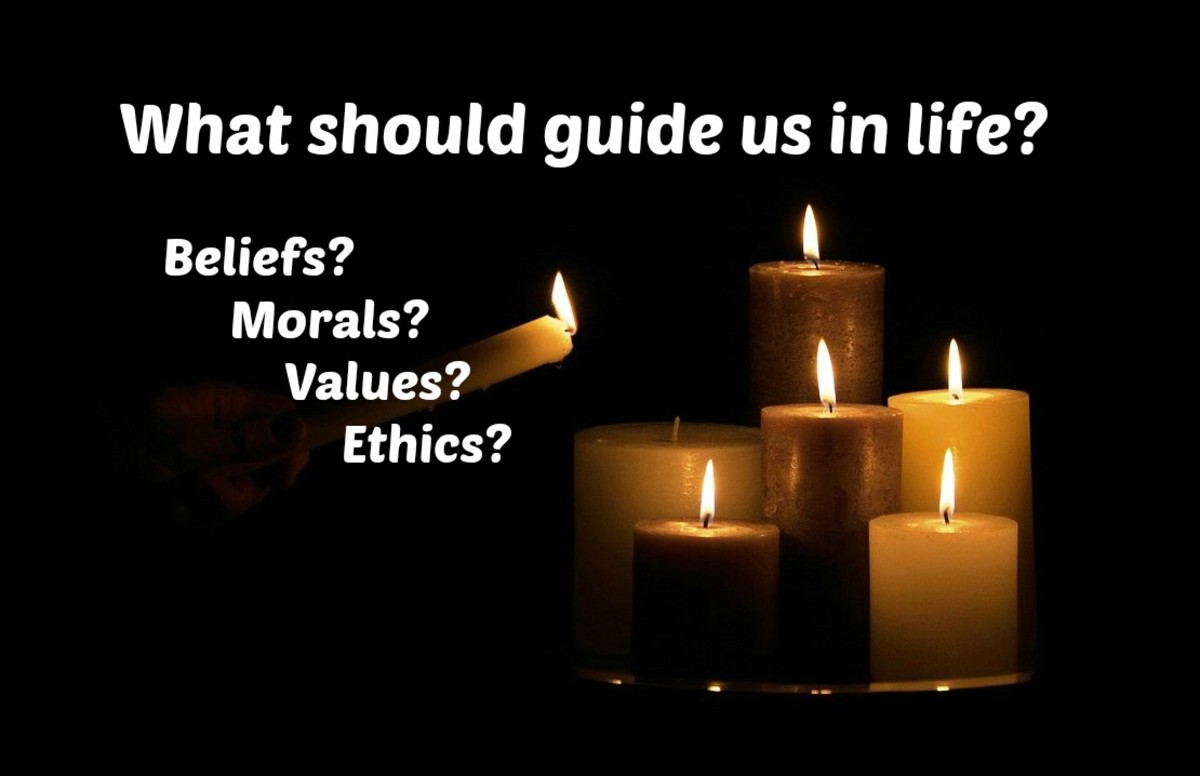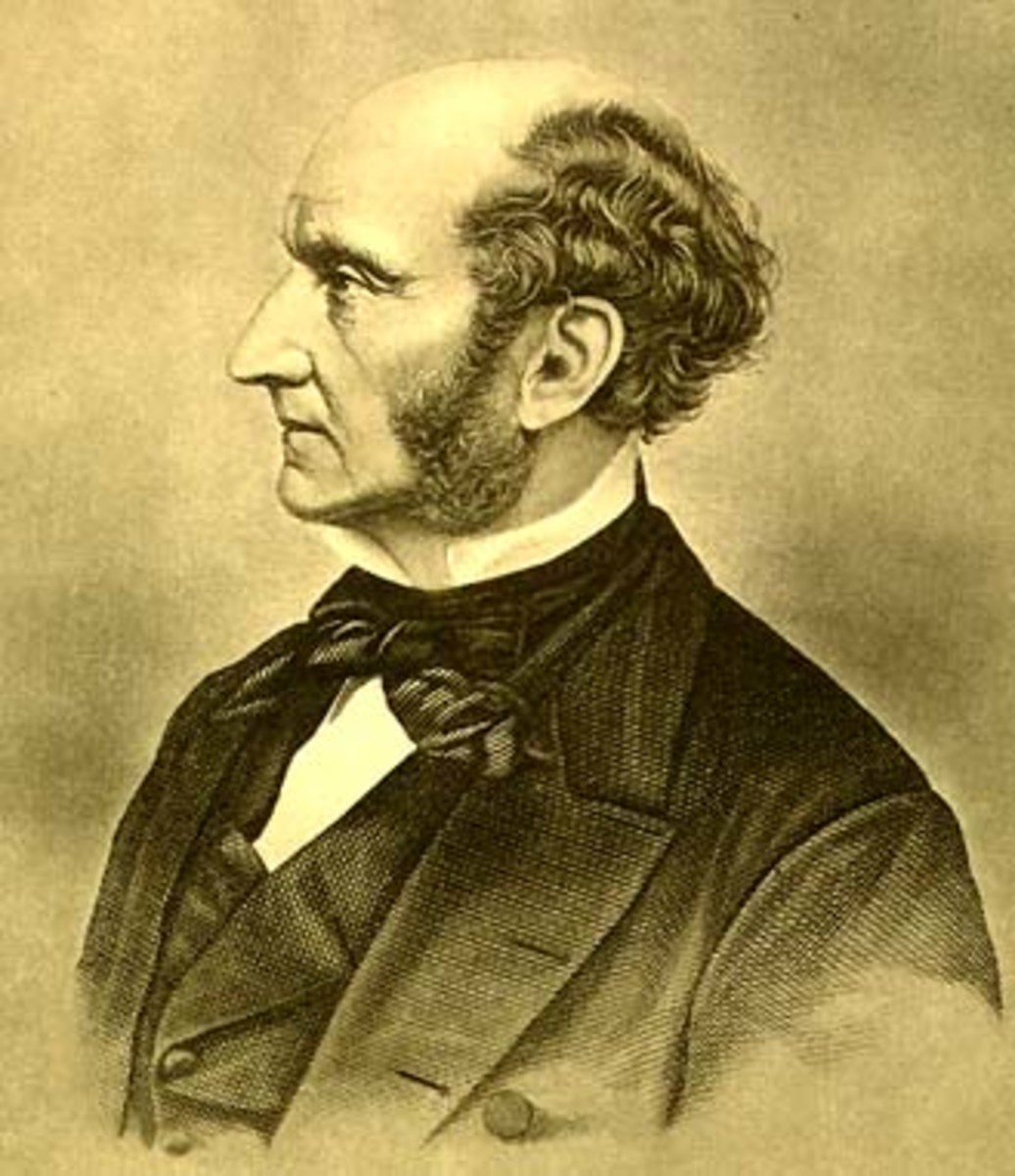Utilitarianism, Hidden Consequences and the Murderous Doctor
Utilitarianism, Hidden Consequences and the Murderous Doctor
By Justin Thurston
What is ethical? How should we act? How do we decide? Relativism, as the name implies, argues that morality is relative. Something that is immoral in one society might be perfectly acceptable in another. For example, in present-day China it is illegal to have more than one child. If the United States government passed a similar law, there would likely be a huge political backlash. Most Americans feel that it is unethical to take away someone’s right to choose how many children they will have. However, in China, it is necessary to limit the already oversized population for the public good. Thus, limiting the number of children per couple is moral in China, but not in the US. Moral relativism implies that morality is based on the needs of a society. However, if this theory is true, wouldn’t morality be completely based on what a society believes is right? If a society felt that it was right to commit genocide on a race, would it still be moral? It seems that moral relativism would deem genocide moral, as long as the society committing the genocide believed it was for the best, regardless of how horrific the idea may seem to us.
Absolutists would not approve of genocide under any circumstances. They believe that certain actions are always either moral or immoral, regardless of context or situation. However, critics think that it is impossible to remove context. If telling a lie to a murderer could save your life, wouldn’t that situation make it okay to lie? Most people would approve of lying if it could save a life. This puts us at a crossroad between the two theories. If an action isn’t always necessarily right or wrong, and if the situations in which an action is made can not always justify the action, how do we determine what’s moral?
Utilitarianism has an easy answer to the question of morality: an action is moral if and only if it maximizes happiness and minimizes suffering. Despite its simplicity, utilitarianism seems to be a very logical way to determine morality. Utilitarianism rules out all the things we hate most: genocide, murder, torture and anything else that causes suffering. It also approves of the actions we deem most noble: philanthropy, self-sacrifice and helping those who can not help themselves. However, critics argue that Utilitarianism condones obviously immoral actions that take away the rights of individuals for the benefit of the majority. One of the most famous examples is that of the murderous doctor. The doctor has five patients. One patient is healthy and the other four are on the brink of death, but could be saved by an organ transplant. Critics argue that utilitarianism implies that it is moral for the doctor to kill the healthy individual to use his organs to save the other four because the act of murder would maximize the number of people that live, and would thus also maximize happiness and minimize suffering. However, because the doctor would have to infringe on the healthy individual’s right to live, this act is obviously immoral. Thus, according to critics, utilitarianism would force us to accept an immoral action, as long as the action benefits the majority. They believe that the consequences of an action alone can not be used to define an action’s morality.
I disagree. I believe that critics of utilitarianism are failing to take into account all of the consequences of the doctor’s actions. Critics only consider the most direct consequences of the doctor’s action: saving four lives and ending another. There are other indirect, hidden consequences that result from the doctor’s actions. When these consequences are taken into account, it can be seen that utilitarianism does not see the doctor’s action of murder as moral because the unhappiness caused by these hidden consequences outweighs the happiness caused by the four lives saved.
The first consequence is the guilt of the doctor and the patients. For the rest of their lives, they will all have to deal with the knowledge that they took the life of another human being. Though not a direct consequence of the doctor’s action, it is still a consequence that will cause a large amount of unhappiness for all parties involved. Another consequence is the pain felt by the family members and the loved ones of the patient. I recognize that the patients who would have died without the transplants also have loved ones. However, at least the loved ones of the terminally ill patients would have been somewhat prepared for the deaths of the person they care about. If a healthy patient were murdered, his loved ones would have to deal with a completely unexpected loss, as well as the outrage at knowing that their loved one was murdered and deprived of his right to life.
The biggest consequence of the doctor’s action of murder is fear in the general population. Our society is disgusted my murder. This is not just because of the loss of one precious life. Millions of individuals die every day, but most people don’t blink an eye. We are far more disgusted by murder than any deadly accident. This is because every individual knows that if murder is allowed to go unpunished, he or she could also become a victim. We find the doctor’s action so unacceptable because it causes the entire population to live in fear of the possibility that their lives could be taken away from them at any moment. Whenever anyone is deprived of their right to live, or their right to freedom, fear is the consequence. Thus, although some actions that we consider immoral, such as the doctor’s murder, may seem to benefit the majority, in reality, these actions have hidden negative consequences that outweigh any surface benefits.








